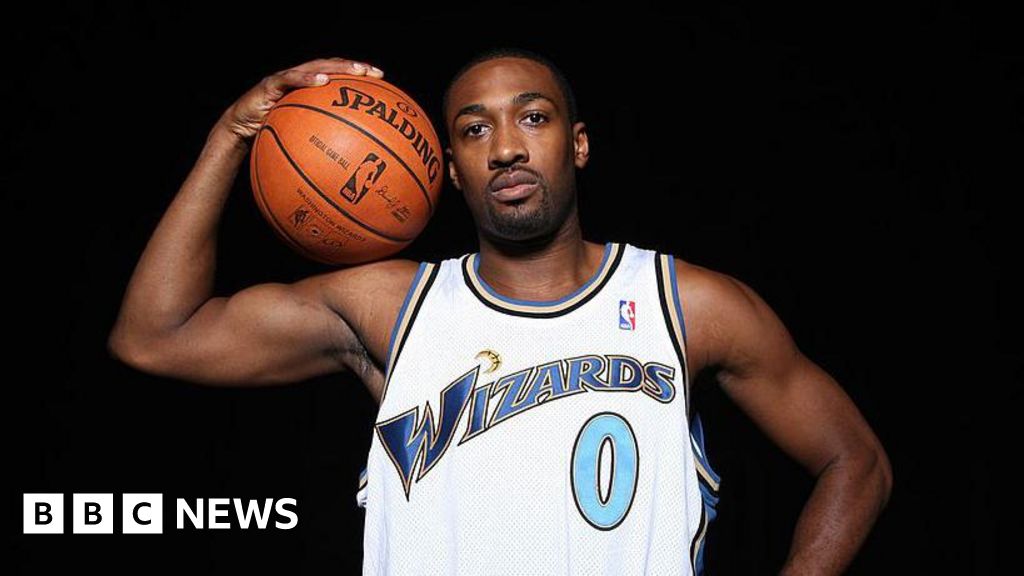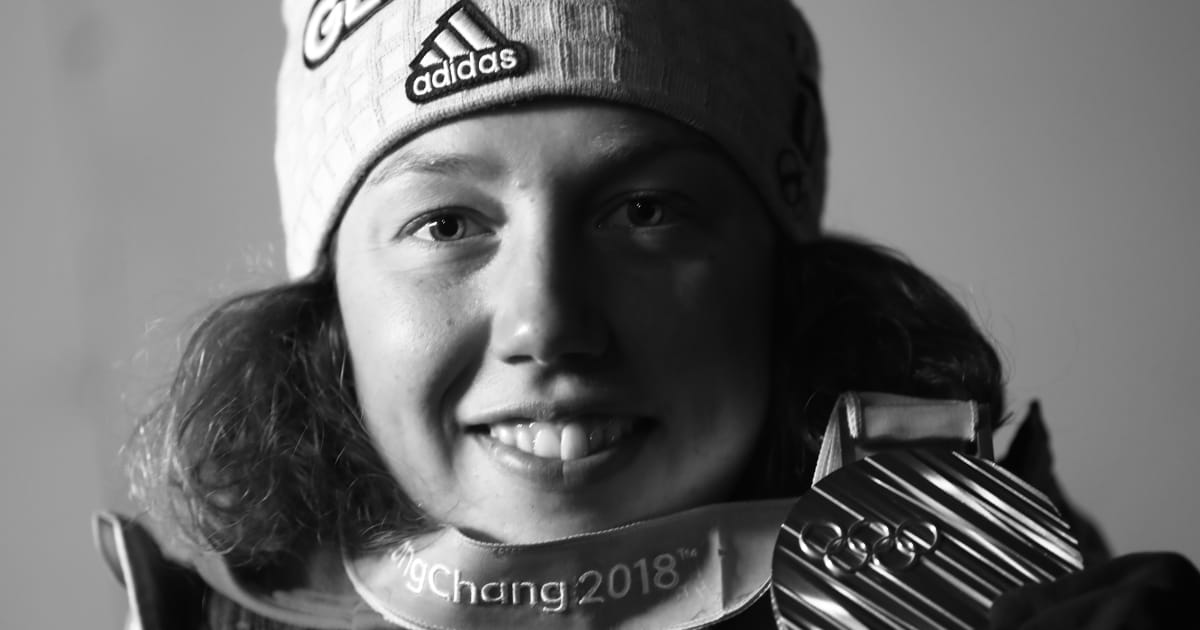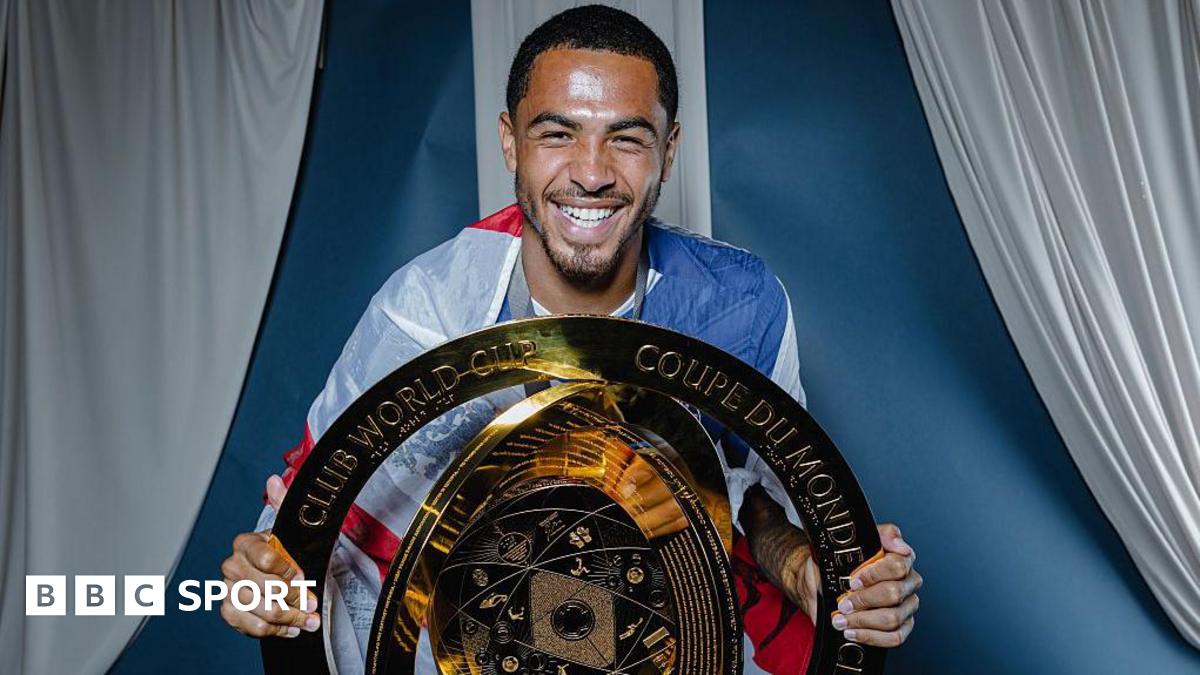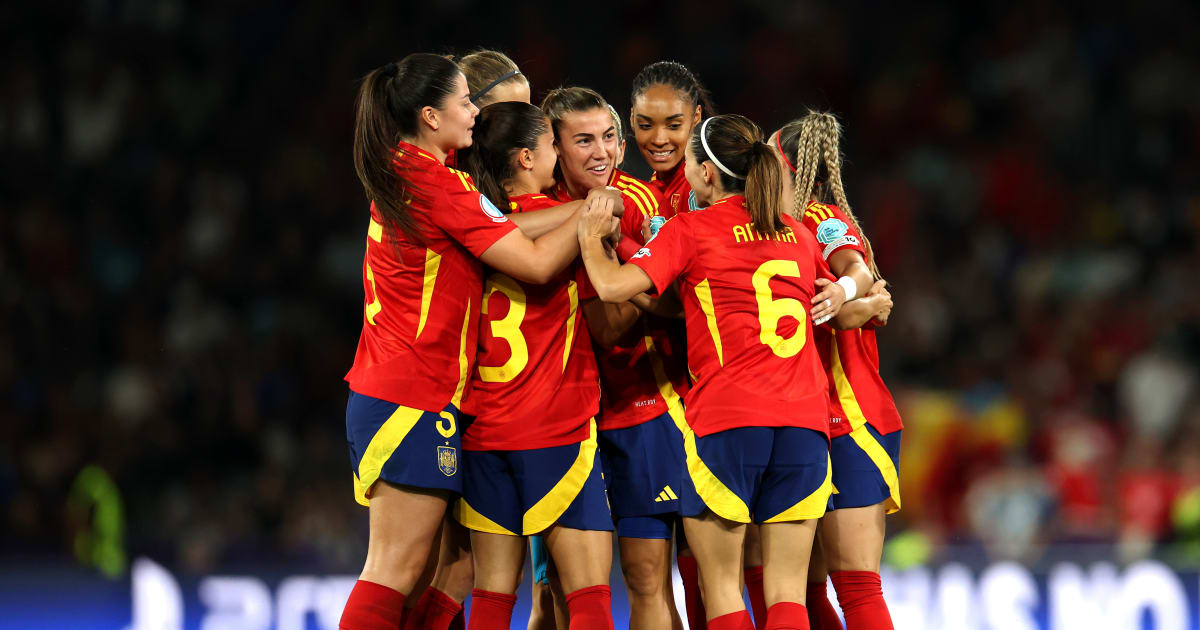Ultramarathon Runner Breastfeeds Her Baby Three Times en Route to a Surprise Victory

In the exhilarating and often grueling world of ultrarunning, athletes routinely challenge the boundaries of human capability. However, at a recent 100-kilometer race held in the breathtaking landscapes of Wales, one particular runner took this challenge to an inspiring new level.
Stephanie Case, an ultramarathon runner and new mother, captured the hearts of many when photos of her breastfeeding her six-month-old daughter, Pepper, during the race went viral. The images, showcasing Case nursing her baby while still donned in her racing gear, reflected a unique blend of motherhood and athleticism that resonated with many. Not only did Case finish the race; she secured the top position among female competitors, much to her own astonishment.
“Well, that was a surprise,” Case expressed joyfully on her Instagram, sharing snapshots of her remarkable journey accompanied by the words, “I WON?!?” A victory that seemed unexpected, Case had not anticipated such a triumph at the Ultra-Trail Snowdonia race in Northern Wales. Following a three-year hiatus from competitive running, her primary aim was simply to enjoy the experience of participating again, especially after enduring the emotional journey of two miscarriages before welcoming her daughter.
Reflecting on the overwhelming positivity of the responses she received, Case, 42, remarked to NPR about the cultural perceptions surrounding new mothers. “The reactions have shown me that we still have these ideas in our head culturally about what a new mom should look like,” she stated. The photos, to her, illustrated a harmony between being an athlete and a mother, two identities that do not have to be at odds with each other. “We don’t have to lose ourselves in becoming a mom,” she affirmed, emphasizing that women can continue to set ambitious goals even after embracing motherhood.
On a more practical note, Case’s remarkable achievement raises an important question: How did she manage to maintain her energy levels, while also ensuring that her baby was fed during the ultramarathon? “It’s not just during the race,” she explained. “It’s also in training; I had to ensure that my milk supply remained unaffected. It’s quite a challenge. I often feel like I am eating all the time, but becoming a mom has made me a lot more efficient in both my training and fueling strategies.”
Currently residing in Chamonix, France, Case is a Canadian human rights lawyer whose athletic pursuits have often served as a coping mechanism amidst the stress of her humanitarian work in regions like Afghanistan and South Sudan. She credits her coach, Dr. Megan Roche, for helping her refine her nutrition strategies for the race. “During the race, I was consuming between 80 to 100 grams of carbohydrates each hour,” she shared. “I maintained that up to about 65K, but then had to dial it back as I began to feel nauseous. I ramped it back up again and called it a day at about 95K due to increased nausea.”
The Snowdonia racecourse presents a unique challenge for ultrarunners, characterized by a staggering 6,500 meters of elevation gain (approximately 21,325 feet). Participants must navigate Snowdon, the highest mountain in Wales, as well as a variety of rugged terrains, ranging from boggy fields to steep, rocky ridges. “It’s surprisingly technical,” noted Case. “In some sections, it’s almost like scrambling or climbing, where you’re scaling a near-vertical wall of rock.”
Case completed the race in a commendable time of just over 16 hours and 53 minutes. However, she initially had no idea where she placed among her peers. Due to her hiatus from competition, she had started 30 minutes behind the other elite female runners and was unaware of their pacing. Her partner made it easier for her by bringing little Pepper to the designated 20-, 50-, and 80-kilometer checkpoints. She received special permission to meet her daughter at the 50-kilometer mark, under the condition that she could not receive any assistance during that brief encounter.
It wasn’t until race officials confirmed the data from her tracking chip that the astonishing results were revealed: Stephanie Case, a new mom in her early 40s who paused to breastfeed her baby during the grueling race, had triumphed by finishing first among over 60 female finishers.
Case’s victory in the ultramarathon came while she was on parental leave from her role with the United Nations as a human rights lawyer. Her extensive career has not only taken her to conflict zones but has also inspired her to create Free to Run, a nonprofit organization focused on empowering girls and young women in conflict areas through running and outdoor activities.
Participating in the Welsh race in mid-May marked Case’s first significant competition since the Hardrock Hundred Mile Endurance Run in Colorado in the summer of 2022, where she finished second. “I was just really happy about that,” she remembered. However, upon discovering her pregnancy shortly after, she faced the heartbreak of a miscarriage. “People questioned whether running contributed to the miscarriage,” she said, noting that there is no scientific evidence to support such claims, but it left her with lingering doubts.
As a result of her experience, she began to withdraw from running. When she became pregnant again and lost the baby, those doubts resurfaced, as people again speculated about the stress from her job causing the miscarriage. “I felt lost without answers, grappling with the emotional turmoil surrounding pregnancy loss and infertility,” she admitted. “When I lost the ability to run, I felt like I had lost a core part of my identity.”
Yet, once she successfully achieved a pregnancy through IVF, she rekindled her passion for running during her second trimester. “I felt more confident with this pregnancy, but I still couldn’t fully relax,” she shared. “Once you’ve had a miscarriage, it’s hard to believe any assurances from doctors until you see that baby.”
Victory in the race led to a newfound understanding of her identity. “How do I see myself now?” she pondered, questioning whether she could still identify as an athlete or if motherhood had taken precedence. The joy of returning to running helped her rediscover a part of herself she thought had been lost.
Initially, her goal was simply to finish the race, but that desire quickly evolved into aspirations of achieving even greater milestones. “Why not set big goals?” she encouraged herself, adding, “If I don’t perform well, that’s okay; let’s see what I can accomplish.” With that question answered, Case is now gearing up for another familiar event: the Hardrock 100, saying, “In about six weeks, I’ll be returning to the race that sort of set me on this journey in 2022. This time, I’ll have little Pepper cheering me on.”



























